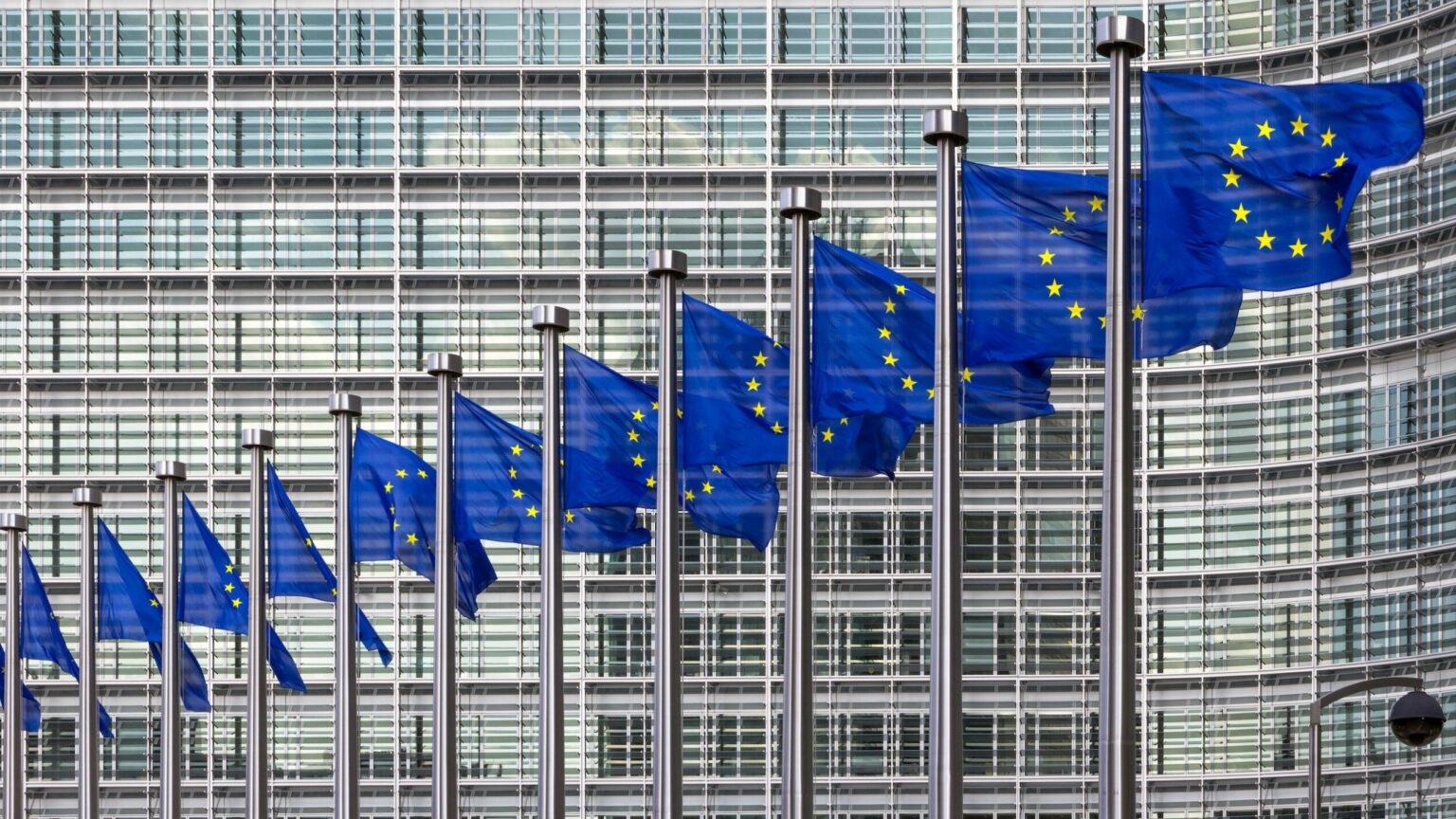The European Parliament has banned TikTok from staff private phones and government-issued mobiles citing security concerns, reports Reuters. ByteDance’s ubiquitous TikTok is facing continuous restrictions in Europe and America.
The legislation follows last week’s decision by both the European Commission and EU Council to ban TikTok from staff phones due to growing privacy concerns.
In the US, meanwhile, a powerful US House committee has backed legislation that could give President Biden the power to ban TikTok the Chinese-owned app.
Also read: TikTok Turns Back the Hands of Time With Teenage Filter
Parliament gets tough on TikTok
Effective from March 20, the latest ban will apply to corporate devices such as smartphones and tablets enrolled in Parliament’s mobile management application, said a spokesperson.
The EU executive commission said in a statement that the decision would apply to work and personal phones and devices.
In response, TikTok said the action was misguided.
“TikTok is enjoyed by 125 million EU citizens and potentially depriving users from access to their representatives is a self-defeating step, especially in our shared fight against misinformation and when this action is being taken on the basis of fears rather than facts,” protested TikTok.
Caroline Greer, TikTok’s director of public policy and government relations, strictly denied Beijing access to users’ data. The social media company is owned by Beijing-based ByteDance.
“So we are really operating under a cloud. And the lack of transparency and the lack of due process. Quite frankly one would expect, you know, some sort of engagement on this matter,” said Greer.
Regardless of its pervasiveness, TikTok has faced multiple regulatory challenges and restrictions in various countries due to concerns over privacy and security.
TikTok’s North American crackdown
Canada announced a ban on TikTok from government-issued devices on Monday, claiming an “unacceptable” level of risk to privacy and security caused by the social media platform.
Prime Minister Justin Trudeau told reporters his administration was carefully observing the matter to ensure Canadians’ online safety.
“This may be a first step, it may be the only step we need to take,” said Trudeau, referring to the restriction of TikTok.
“Many Canadians, businesses, and private individuals will reflect on the security of their own data and perhaps make choices in consequence” after the ban, he said.
Mona Fortier, President of the Treasury Board, suggested TikTok’s data collection method provided considerable access to the contents of the phone.
“While the risks of using this application are clear, we have no evidence at this point that government information has been compromised,” she clarified.
On Monday, the White House confirmed that government agencies had 30 days to ensure employees did not have TikTok installed on federal devices. Two days, the U.S. House foreign affairs committee voted in favor of new administration powers to ban outright Chinese-owned apps thought to pose security risks. However, the measure still requires the support of the full House and Senate.
60-minute daily limit for young users
While TikTok is having a tough time due to restrictions in the west, it has set a 60-minute daily screen time limit for users under the age of 18.
“In the coming weeks, every account belonging to a user below age 18 will automatically be set to a 60-minute daily screen time limit,” said TikTok in a blog post.
If such users hit the new limit, they will have to enter a passcode to continue using the service on a particular day.
“While there’s no collectively-endorsed position on the ‘right’ amount of screen time or even the impact of screen time more broadly, we consulted the current academic research and experts from the Digital Wellness Lab at Boston Children’s Hospital in choosing this limit,” stated TikTok.
The recent daily screen time limit for under-18s was implemented following the successful introduction of a prompt last year, aimed at encouraging teenagers to take control of their online usage, explained TikTok.
Since then, the company has reported a significant surge of 234% in the adoption of its screen time management tools.









 and then
and then